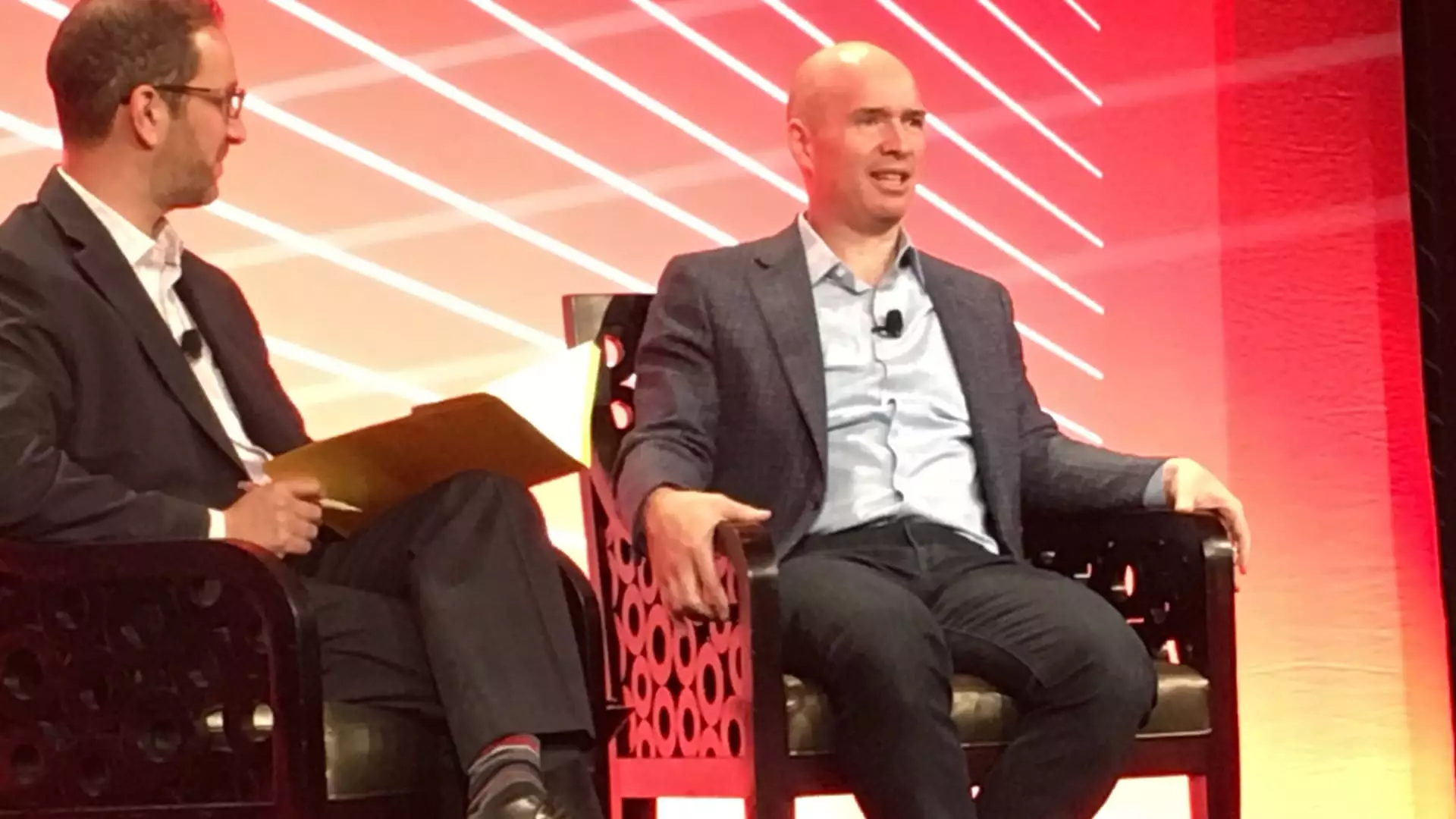In a striking display of political realignment, Ben Horowitz, a prominent venture capitalist, has made headlines with his decision to support Vice President Kamala Harris’ re-election campaign after previously supporting Donald Trump’s political action committees. This unexpected pivot highlights the fluid nature of political affiliations within Silicon Valley and reflects the dynamic and often unpredictable world of tech investors’ involvement in political landscapes.
Horowitz, co-founder of the venture capital firm Andreessen Horowitz, acknowledged a longstanding personal relationship with Harris in a letter sent to his firm’s employees. He emphasized that his friendship with the Vice President, alongside his wife Felicia, played a crucial role in their decision to contribute to her campaign. The influence of personal connections in political commitments cannot be underestimated; such relationships can often lead to significant financial backing that can sway electoral outcomes, especially in highly competitive races.
What is particularly compelling about Horowitz’s dual support is the juxtaposition of his previous endorsement for Trump, which he justified by referencing a pro-‘little tech agenda’. The term ‘little tech’ refers to startups and smaller technological enterprises, which Horowitz and his firm claimed to champion. Their aims were primarily to address issues pertinent to these smaller players rather than becoming embroiled in the wider political discourse. This raises questions about the motivations behind political contributions—whether they stem from genuine ideological alignment or are merely strategic moves aimed at optimizing business outcomes.
The political landscape for tech investors is increasingly fraught with complexities, especially with the Biden administration facing criticisms from influential figures in the tech world. Horowitz’s earlier critiques of Biden’s policies indicate a clear discomfort with the current administration’s approach to startups and cryptocurrency, areas that are vital for innovation and growth in the tech sector. However, by supporting Harris now, Horowitz seems to be aligning himself with a candidate who might offer a more favorable environment for small tech enterprises, thus displaying a pragmatic side to his electoral support.
Horowitz’s donations could have significant ramifications not only for the Harris campaign but also for the overall narrative around tech investments in politics. This trend of shifting support can disrupt traditional funding streams and alliances, signaling to other investors the potential for reevaluating their political contributions based on personal values and relationships rather than party lines. The tech industry, particularly in an election year, may see more investors contemplating where to place their bets, further complicating political dynamics.
As Horowitz navigates his dual support for two opposing political figures, it embodies a broader trend within Silicon Valley where personal relationships, strategic interests, and ideological beliefs often intertwine. As the 2024 election approaches, it remains to be seen how these shifting allegiances will play out and whether they will lead to lasting changes in how tech investors engage in political funding. The landscape is ripe for further transformations, with each decision resonating far beyond mere financial contributions.


Leave a Reply